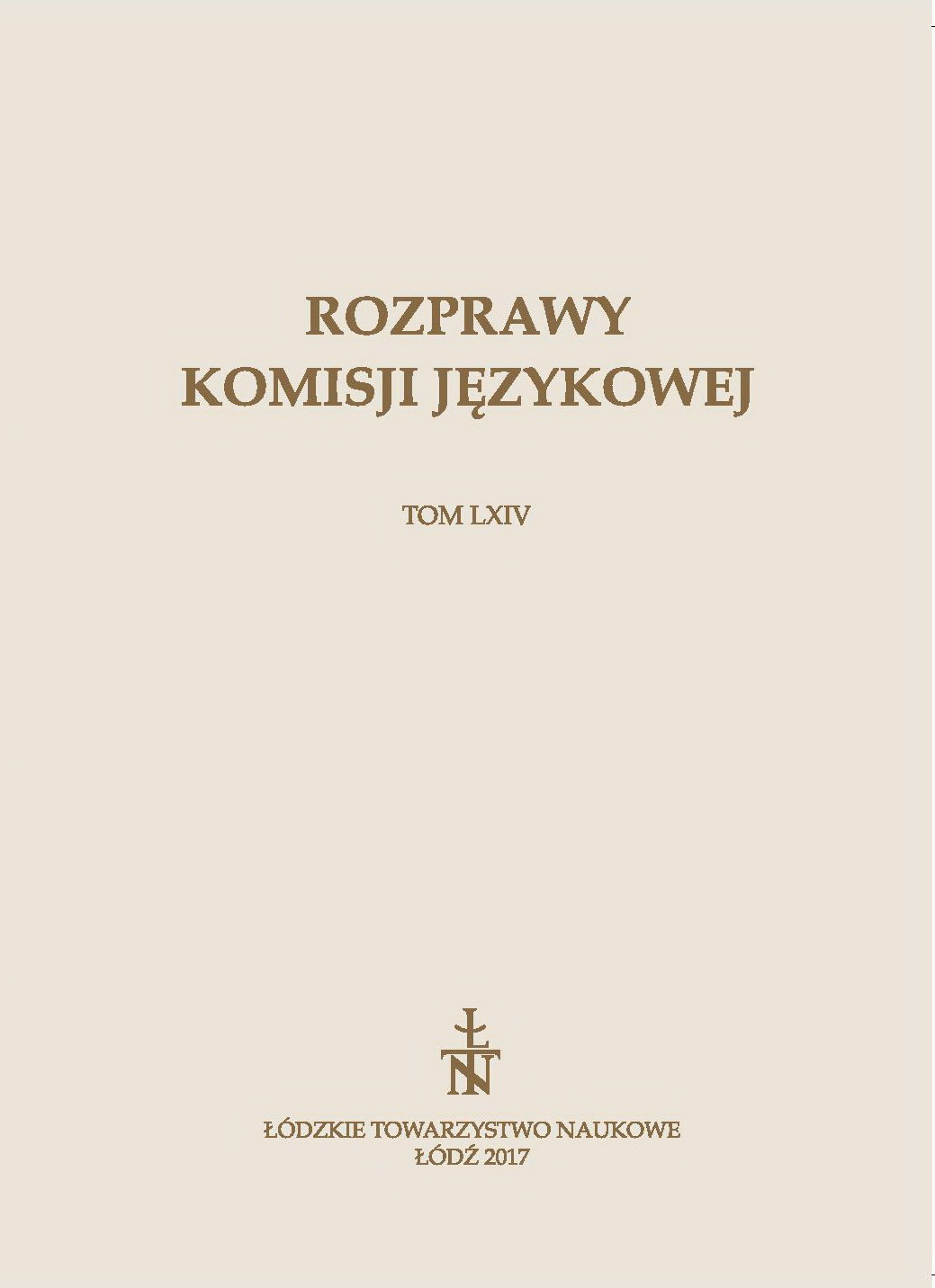The changes in semantics of root morpheme *myš- and the changes in motivation of West Slavic dialectal phytonyms
http://doi.org/10.26485/RKJ/2017/64/15
Abstract
Contraction of the concept of the animal Mus L. leads to changes in semantics of the root morpheme *myš- and accordingly in motivation of West Slavic dialectal phytonyms. The changes in semantics are based on specialization of meaning. As a result, the emotional associations, which was accompanied to the phytonyms at earlier stages, turn up at the periphery of the semantics. This fact leads to gradual loss of connection between the plant properties and the semantics of the roots of their names. The motivational mechanisms of phytonyms adapt to the changes of the semantics. As a result, the phytonyms, which were motivated by covering the ground with their leaves and stalks, are gradually becoming motivated by their similarity with the mice. The reason of these changes is that now the seme ‘groundcover’ is not realized by native speakers as a component of actual semantics of the root *myš-, so the motivation of the phytonyms has changed and become to embody in the seme ‘mousy’.






